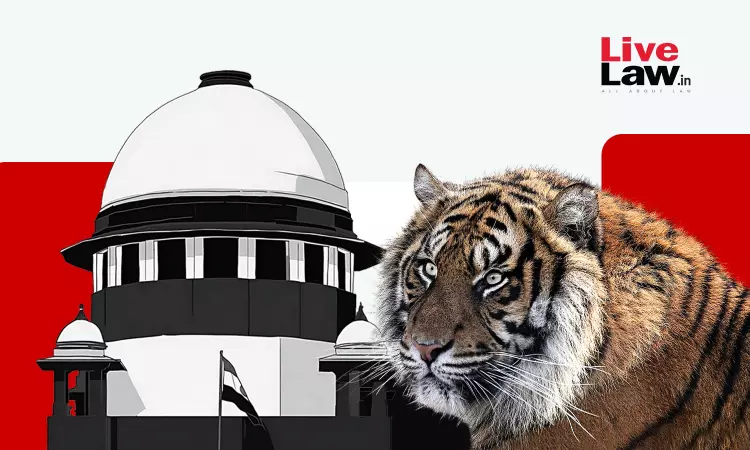Supreme Court Constitutes Committee To Examine Issue Of Safaris In Tiger Reserves, Allows Existing Tiger Safaris To Continue
Awstika Das
6 March 2024 3:48 PM IST

Next Story
6 March 2024 3:48 PM IST
The Supreme Court on Wednesday (March 6) directed the constitution of a committee to decide the issue of zoos or safaris within tiger reserves, national parks, and wildlife sanctuaries. The Court added that existing safaris will not be disturbed. This implies that the tiger safari at the Jim Corbett National Park, which was the subject matter of the case, can continue subject to...
